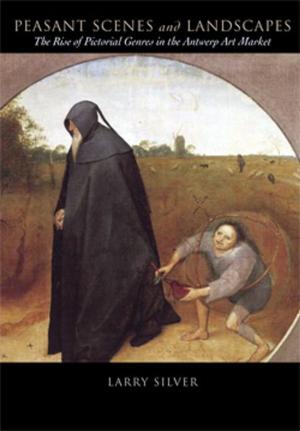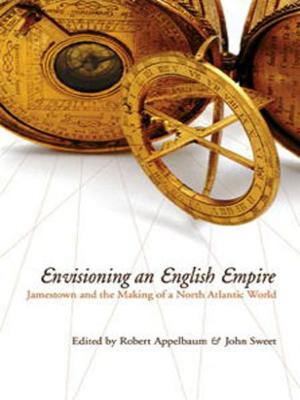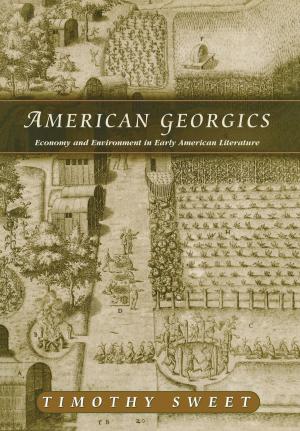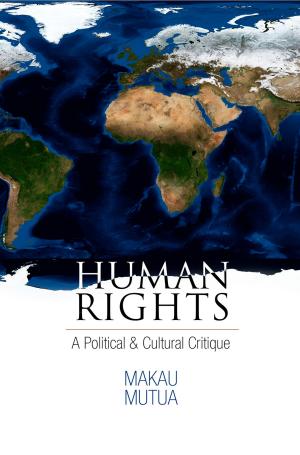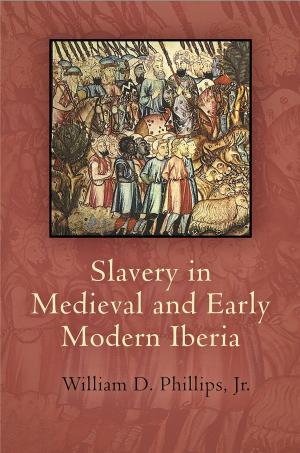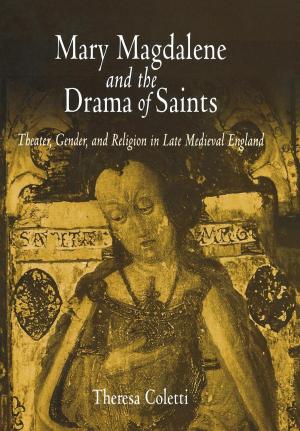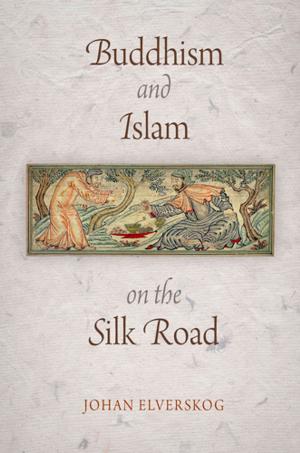Poetics of the Incarnation
Middle English Writing and the Leap of Love
Fiction & Literature, Literary Theory & Criticism, Medieval, British| Author: | Cristina Maria Cervone | ISBN: | 9780812207477 |
| Publisher: | University of Pennsylvania Press, Inc. | Publication: | February 11, 2013 |
| Imprint: | University of Pennsylvania Press | Language: | English |
| Author: | Cristina Maria Cervone |
| ISBN: | 9780812207477 |
| Publisher: | University of Pennsylvania Press, Inc. |
| Publication: | February 11, 2013 |
| Imprint: | University of Pennsylvania Press |
| Language: | English |
The Gospel of John describes the Incarnation of Christ as "the Word made flesh"—an intriguing phrase that uses the logic of metaphor but is not traditionally understood as merely symbolic. Thus the conceptual puzzle of the Incarnation also draws attention to language and form: what is the Word; how is it related to language; how can the Word become flesh? Such theological questions haunt the material imagery engaged by medieval writers, the structural forms that give their writing shape, and even their ideas about language itself. In Poetics of the Incarnation, Cristina Maria Cervone examines the work of fourteenth-century writers who, rather than approaching the mystery of the Incarnation through affective identification with the Passion, elected to ponder the intellectual implications of the Incarnation in poetical and rhetorical forms. Cervone argues that a poetics of the Incarnation becomes the grounds for working through the philosophical and theological implications of language, at a point in time when Middle English was emerging as a legitimate, if contested, medium for theological expression.
In brief lyrics and complex narratives, late medieval English writers including William Langland, Julian of Norwich, Walter Hilton, and the anonymous author of the Charters of Christ took the relationship between God and humanity as a jumping-off point for their meditations on the nature of language and thought, the elision between the concrete and the abstract, the complex relationship between acting and being, the work done by poetry itself in and through time, and the meaning latent within poetical forms. Where Passion-devoted writing would focus on the vulnerability and suffering of the fleshly body, these texts took imaginative leaps, such as when they depict the body of Christ as a lily or the written word. Their Incarnational poetics repeatedly call attention to the fact that, in theology as in poetics, form matters.
The Gospel of John describes the Incarnation of Christ as "the Word made flesh"—an intriguing phrase that uses the logic of metaphor but is not traditionally understood as merely symbolic. Thus the conceptual puzzle of the Incarnation also draws attention to language and form: what is the Word; how is it related to language; how can the Word become flesh? Such theological questions haunt the material imagery engaged by medieval writers, the structural forms that give their writing shape, and even their ideas about language itself. In Poetics of the Incarnation, Cristina Maria Cervone examines the work of fourteenth-century writers who, rather than approaching the mystery of the Incarnation through affective identification with the Passion, elected to ponder the intellectual implications of the Incarnation in poetical and rhetorical forms. Cervone argues that a poetics of the Incarnation becomes the grounds for working through the philosophical and theological implications of language, at a point in time when Middle English was emerging as a legitimate, if contested, medium for theological expression.
In brief lyrics and complex narratives, late medieval English writers including William Langland, Julian of Norwich, Walter Hilton, and the anonymous author of the Charters of Christ took the relationship between God and humanity as a jumping-off point for their meditations on the nature of language and thought, the elision between the concrete and the abstract, the complex relationship between acting and being, the work done by poetry itself in and through time, and the meaning latent within poetical forms. Where Passion-devoted writing would focus on the vulnerability and suffering of the fleshly body, these texts took imaginative leaps, such as when they depict the body of Christ as a lily or the written word. Their Incarnational poetics repeatedly call attention to the fact that, in theology as in poetics, form matters.

